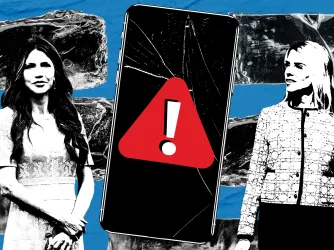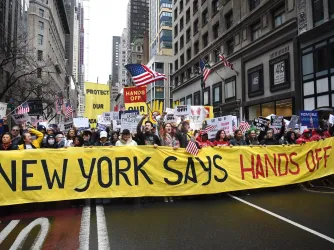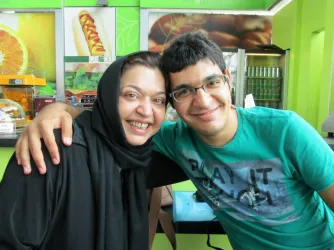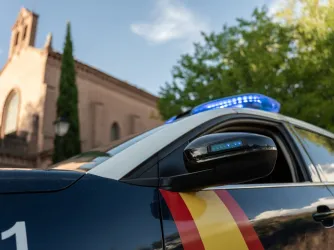Table of Contents
Loyola University New Orleans punishes student journalist for newsgathering

Roberto Michel / Shutterstock.com
When the New Orleans Police Department arrested a student in the dining hall at Loyola University New Orleans last month, breaking news editor Kloe Witt rushed to cover the story for The Maroon, Loyola’s student newspaper. As part of her reporting and at the invitation of the campus police department, Witt headed to the station after hours to interview an officer and get some documentation.
Witt’s story appeared in The Maroon that day, and she thought that was it. But, not two weeks later, she received notice Loyola was charging her with two violations of university policy: “falsification or misuse of university records” and “unauthorized recording.”
Loyola alleged that when Witt recorded her interview with an officer — with her phone in plain sight with a recording app open — she violated a university policy that prohibits recordings without consent in situations in which those recorded have a reasonable expectation of privacy. Further, the initial charges allege that when Witt received documentation from the officer related to the student’s arrest, she “misused” records.
While the university found Witt not responsible for the records charge at a conduct hearing on March 20, it found her responsible for unauthorized recording. Witt is appealing this decision.
Loyola cannot expect the campus community to take these commitments seriously when the university charges a student journalist for normal newsgathering activities like simply receiving documents from an official source.
Make no mistake about it: Finding Witt responsible for what is a normal newsgathering activity — non-secretive recording of an interview — suppresses freedom of the press.
FIRE’s Student Press Freedom Initiative wrote a memorandum for Witt to include in her appeal, detailing the dangers of a purportedly speech-protective university punishing a student journalist in this way. As our memo explained, those present during Witt’s interview of the officer — including Assistant Director for Residential Community Standards Marquita Morgan-Jones, who walked in during the interview — had a diminished expectation of privacy:
The “Reasonable expectation of privacy” standard referenced in Loyola’s recording policy is a legal term of art, and the key term is “reasonable.” In this situation, the question is whether a reasonable person would presume that conversations had in the presence of a journalist—or even an unknown stranger—would remain private. Such a presumption is plainly unreasonable.
It is true that some states maintain “all-party consent” recording statutes, which make it illegal to record a private conversation without receiving consent from every person involved in the conversation. While Louisiana has a “one-party consent” law, meaning only one party to a private conversation must consent to recording (such as the journalist in the context of an interview), Loyola’s policy under which it charged Witt is roughly equivalent to an all-party consent law.
But no matter — what these statutes all tend to have in common, as explained in our memo, is the expectation that the right not to be recorded applies “to only private conversations, that is, in which one has a reasonable expectation of privacy.” Further “the statutes restrict only the ability to surreptitiously record conversations.”
Witt’s interview met neither of those standards. Those present should not have expected privacy, as they were conversing in the presence of an identified on-the-job journalist. And Witt did not surreptitiously — that is, secretly — record. Instead, her recording was open and clear, and we know this because Morgan-Jones testified to that fact during Witt’s disciplinary hearing.
Loyola is a private university not bound by the First Amendment, but its policies explicitly promise both free expression generally, and freedom of the press, specifically:
Student media is to be a free and independent voice acting in the best interest of the University in the pursuit of truth. . . . Representatives of the student communications media have the right to review non-privileged information in the academic community; the community has the responsibility to share this information so that these students may perform their functions to the fullest.
Loyola cannot expect the campus community to take these commitments seriously when the university charges a student journalist for normal newsgathering activities like simply receiving documents from an official source, or holds her responsible for recording an interview during a situation in which those present did not enjoy a reasonable expectation of privacy. SPFI will be watching Witt’s appeal closely.
If you’re a college journalist facing censorship or a media law question, call the Student Press Freedom Initiative 24-hour hotline at 717-734-SPFI (7734)
Recent Articles
Get the latest free speech news and analysis from FIRE.

FIRE sues Bondi, Noem for censoring Facebook group and app reporting ICE activity

Deep dive into New York’s proposals to ban demonstrations near houses of worship

Iran replaced my mother’s voice with silence


